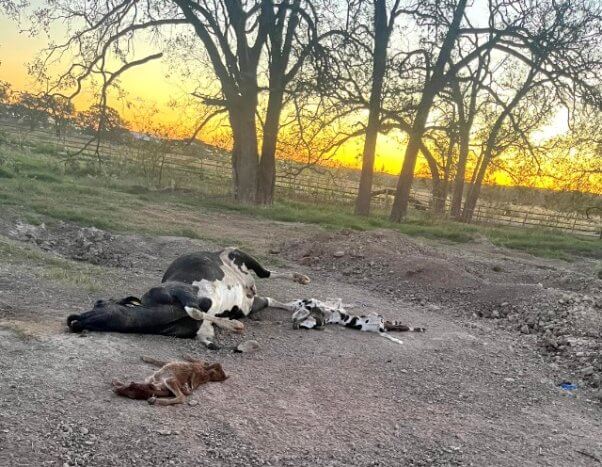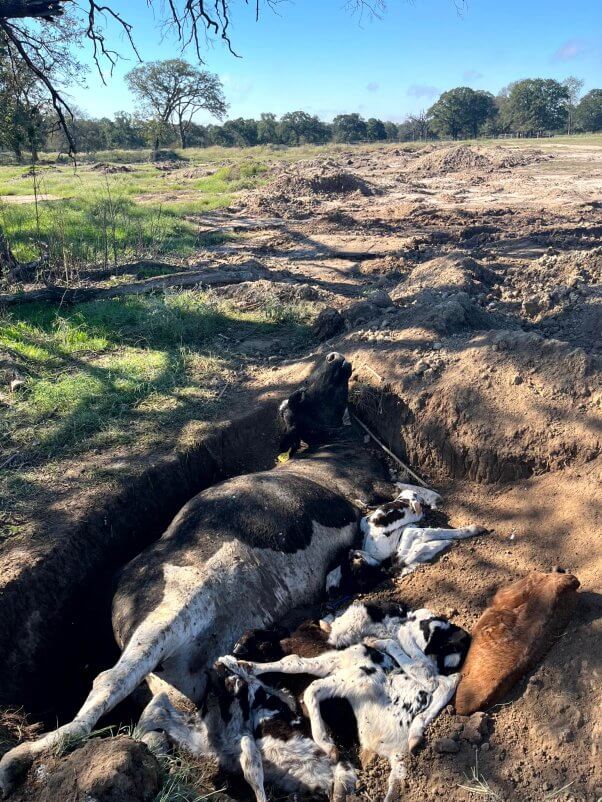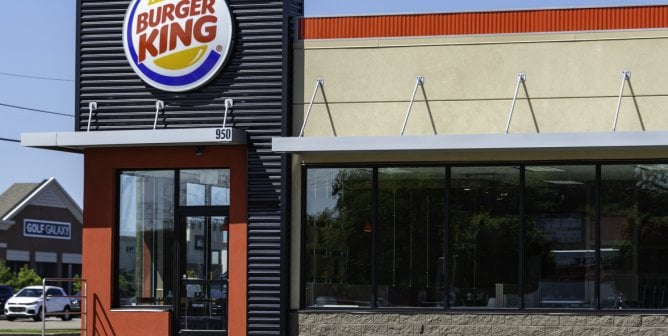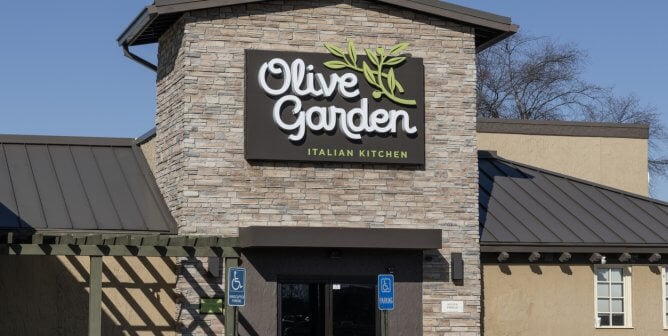What does “organic” really mean? When slapped on animal-derived foods, that term is a meaningless buzzword used to trick compassionate consumers into buying into exploitative industries. Most organic farms are factory farms—massive lots on which animals spend much of their lives confined to crowded sheds or mud-filled pens. Workers on organic farms cut off animals’ beaks, horns, and testicles without painkillers. When animals on organic farms are suffering from infected udders or gaping wounds, workers don’t give them antibiotics, because medicated animals lose their “organic” status.

To animals, an “organic” label means nothing. A whistleblower provided PETA with a haunting video and some photographs that, according to the whistleblower, were captured at Lone Star Organic Dairy in Texas. The footage shows a cow treading in a 14-foot-deep pit of feces and urine and dead cows and calves strewn across the ground in the farm’s “cemetery.”
According to the whistleblower, on this farm, which is certified organic and claims to be the “largest organic dairy in North Texas,” many if not most calves died from ailments that include diarrhea and pneumonia.

The problems at Lone Star Organic Dairy represent just one example of the U.S. Department of Agriculture’s failure to enforce standards of animal care on organic farms.
Organic or Not, Using Animals for Food Is Never Right
At the end of their miserable lives, animals raised on organic farms are typically shipped on trucks in all weather extremes—usually without food, water, or rest—to the same slaughterhouses used by nonorganic farms.
Going vegan is the only way to ensure that you’re eating as ethically as possible, and no compassionate consumer should be duped by marketing gimmicks that claim otherwise. Order PETA’s free vegan starter kit and we’ll send you recipes and tips to help you make the transition:
Text VEG to 73822 to get the latest vegan lifestyle tips, recipes, and urgent action alerts texted right to your phone.
Terms for automated texts/calls from PETA: https://peta.vg/txt. Text STOP to end, HELP for more info. Msg/data rates may apply. U.S. only.







